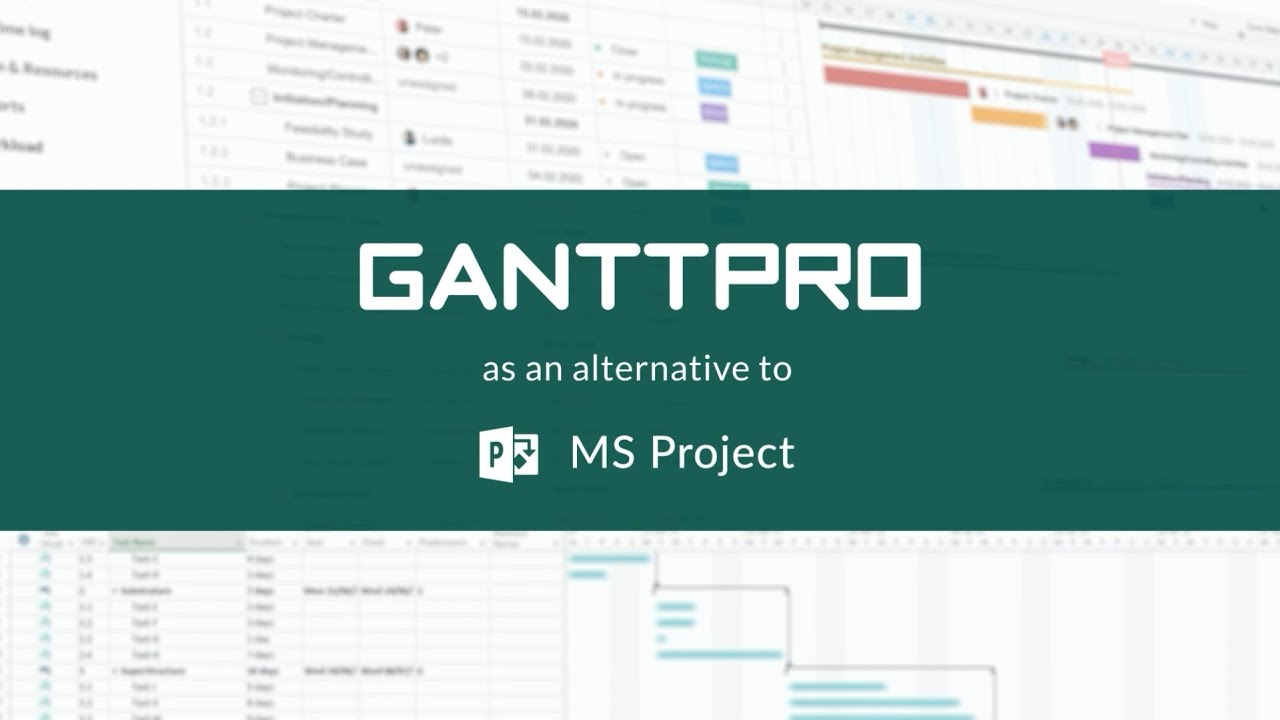PMBOK: Project Professional Responsibility
Project Professional Responsibility is a key component of the Project Management Body of Knowledge (PMBOK) framework and is critical for ensuring the success of any project. This article will review the different aspects of project professional responsibility and how they apply to project managers.
Defining Project Professional Responsibility
Project professional responsibility refers to the ethical and legal obligations that project managers have to their stakeholders, including clients, customers, vendors, and team members. Project managers must ensure that they are acting in the best interests of their stakeholders while balancing the demands of the project.
In the PMBOK framework, project professional responsibility is broken down into three key areas: ethical considerations, legal considerations, and professional considerations.
Ethical Considerations
Ethical considerations are focused on ensuring that the project manager is acting in an ethical and responsible manner. This includes:
- Maintaining confidentiality of sensitive information
- Avoiding conflicts of interest
- Ensuring that all stakeholders are treated fairly and equitably
- Adhering to rules and regulations related to the project
Legal Considerations
Legal considerations are focused on ensuring that the project manager is following all relevant laws and regulations related to the project. This includes:
- Complying with workplace safety regulations
- Complying with occupational health and safety regulations
- Ensuring that all contracts and agreements are legally binding and enforceable
- Adhering to intellectual property laws
Professional Considerations
Professional considerations are focused on ensuring that the project manager is acting in a professional manner. This includes:
- Maintaining professional conduct at all times
- Ensuring that the project is completed within budget and on time
- Communicating effectively with all stakeholders
- Maintaining accurate and up-to-date project records
Balancing Project Professional Responsibility and Project Demands
One of the biggest challenges for project managers is balancing their professional responsibilities with the demands of the project. Project managers must ensure that they are acting in the best interests of their stakeholders while also completing the project within budget and on time.
One way to balance these demands is to develop a detailed project plan using a Gantt chart. A Gantt chart is a visual representation of the project timeline and can help project managers to identify potential project risks and make informed decisions about project resources and timelines.
There are many different tools available for creating Gantt charts, including online Gantt chart software such as GanttPRO, Microsoft Project, Wrike, ClickUp, Monday.com, Smartsheet, and more. These tools can help project managers to create detailed project plans and monitor progress in real-time.
Conclusion
Project professional responsibility is a critical component of the PMBOK framework and is essential for ensuring the success of any project. Project managers must balance their professional responsibilities with the demands of the project in order to achieve project success.
By following the ethical, legal, and professional considerations outlined in the PMBOK framework, project managers can ensure that they are acting in the best interests of their stakeholders and delivering successful projects.

